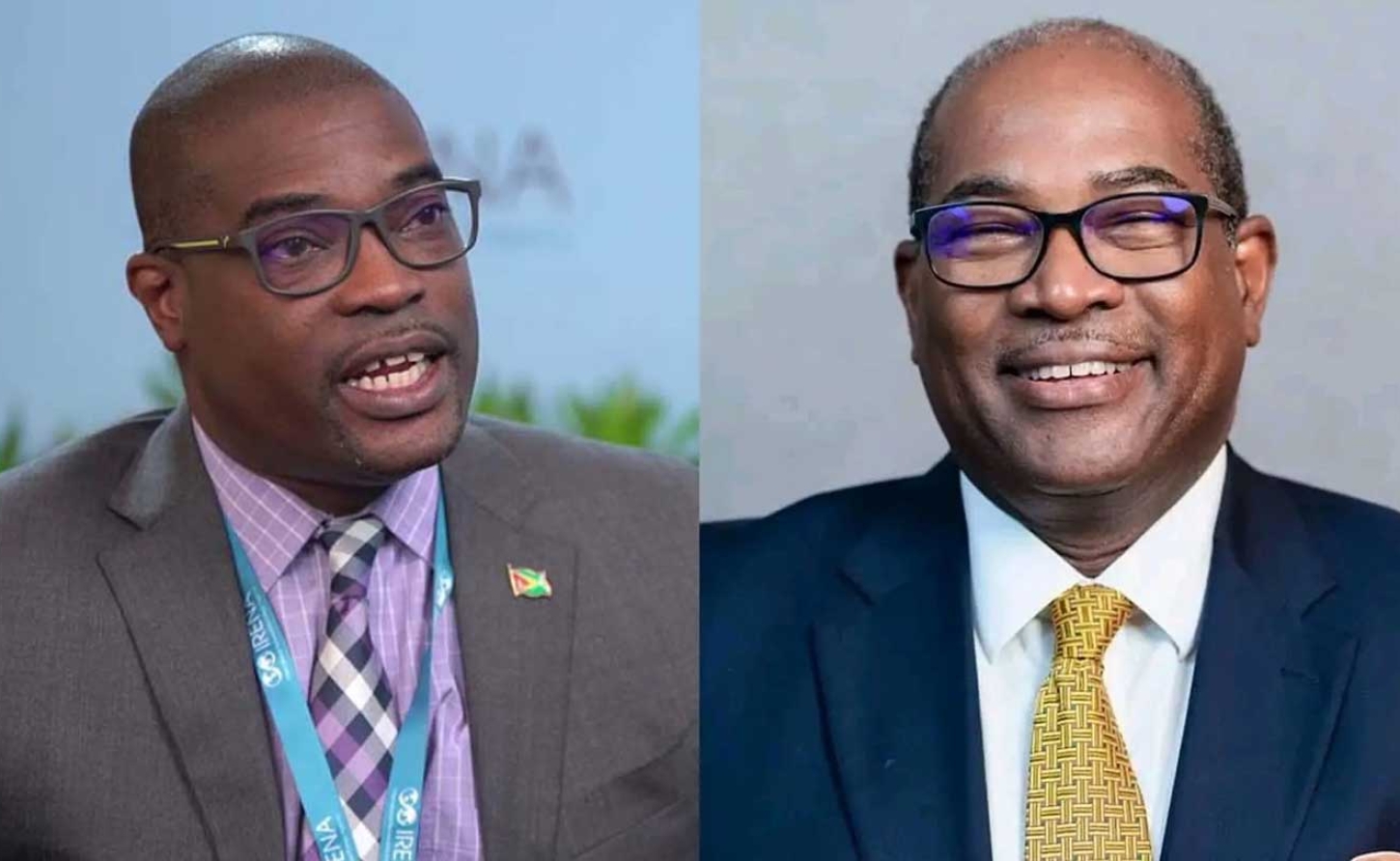GUYANA | AFC Leadership Crisis: Hughes Steps Down After Electoral Rout as Party Charts Path to Recovery

David Patterson assumes interim leadership as Alliance For Change grapples with total parliamentary defeat
GEORGETOWN, Guyana, September 20, 2025 - The Alliance For Change (AFC) finds itself at a critical crossroads following the resignation of leader C.A. Nigel Hughes, who stepped down in the wake of a devastating electoral defeat that saw the party lose all its parliamentary seats due to a challenging political landscape.
During an extraordinary National Executive Committee (NEC) meeting held on September 19, 2025, party officials confirmed Hughes' departure while simultaneously appealing for him to reconsider his decision. In the interim, Chairman David Patterson has been appointed to assume acting leadership responsibilities until a national conference can be arranged to elect permanent leadership.
Total Electoral Collapse
The AFC's complete elimination from parliament represents a dramatic fall for a party that once positioned itself as a champion of political reform and accountability. Since its formation in 2005, the AFC had carved out a niche promoting transparency and inclusive governance, but recent years have seen its political fortunes steadily decline against the backdrop of the PPP's growing dominance.
Hughes' resignation, widely viewed as an acceptance of responsibility for the party's electoral shortcomings, has sent shockwaves through the organization's membership and supporter base. Adding to the political upheaval, Hughes also tendered his resignation from the Constitution Reform Commission, further signaling his complete withdrawal from active political leadership.
Institutional Response
Despite the magnitude of the defeat, NEC members demonstrated remarkable unity in their response to the crisis. The committee unanimously commended Hughes for his dedication and efforts leading up to the elections, while acknowledging that the party's challenges extend beyond individual leadership failures to broader organizational struggles.
"The Committee unanimously decided to appeal to Mr. Hughes to reconsider his resignation and lead the party until a national conference can be arranged," according to the meeting's proceedings. This gesture reflects both respect for Hughes' leadership and recognition of the need for stability during this transitional period.
Patterson's appointment as acting leader signals the party's determination to maintain operational continuity while conducting a comprehensive review of its political strategy and organizational structure.
Strategic Rebuilding Initiative
Recognizing the gravity of its situation, the AFC has embarked on an ambitious rebuilding effort centered around a thorough SWOT analysis—examining the party's strengths, weaknesses, opportunities, and threats. This comprehensive evaluation aims to identify the root causes of the electoral disaster while charting a course for political recovery.
The NEC emphasized the critical importance of opposition unity in the face of what they characterize as the PPP's increasingly authoritarian consolidation of power. Party officials argue that the concentration of political authority poses significant risks to democratic processes, making the restoration of effective opposition politics essential for national democratic health.
Historical Precedent for Recovery
Party leaders draw encouragement from historical examples of political organizations that have successfully recovered from electoral catastrophes. The NEC's commitment to "re-establishing the AFC as a credible political alternative" reflects their understanding of opposition parties' vital role in maintaining democratic balance.
Central to the recovery strategy is a renewed focus on the party's founding principles of service and accountability, combined with efforts to reconnect with disillusioned voters who may have lost faith in opposition politics entirely.
Challenges Ahead
The path forward remains fraught with uncertainty. The AFC must navigate not only its internal rebuilding process but also the broader political complexities imposed by what party officials describe as an "unwavering PPP regime." Success will require both honest self-reflection about past mistakes and the development of innovative policies that resonate with contemporary voter aspirations.
The party's survival ultimately depends on its ability to transform this moment of crisis into an opportunity for genuine renewal. As the AFC prepares for its national conference and leadership election, the fundamental question remains whether this historically significant political organization can reinvent itself sufficiently to challenge the PPP's apparent stranglehold on national politics.
The coming months will test the AFC's resilience and determine whether it can emerge from this electoral wilderness as a genuinely competitive political force.
-30-
